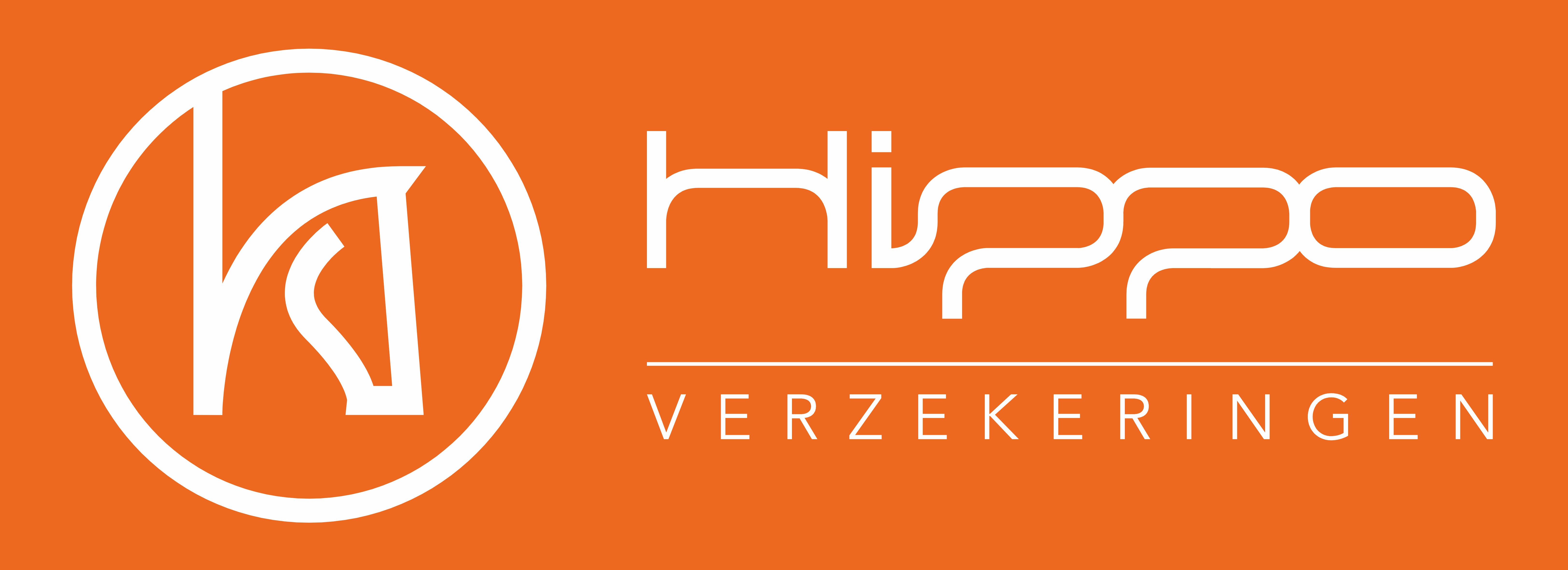OPU/ICSI: setback or future?
Modern reproductive techniques each have their pros and cons. They are still not cheap, but the costs are becoming more manageable, allowing more breeders to make use of them. Is their use ethically justifiable?
During the KWPN Stallion Show, a fertility conference for veterinarians took place on Thursday. Early in the afternoon, there was a panel discussion on "Ethics of modern reproductive techniques." Moderator Charlotte Dekker posed several statements, including "OPU/ICSI is a carefully developed technique, which means we are allowed to apply it." After a hesitant start, a lively discussion unfolded between the audience and the five panelists.
Patrick Brogan:
"I do a lot of OPU/ICSI and rarely encounter problems. One mare died due to sedation, but you must be pragmatic: every injection carries a risk for the horse. Sometimes a mare gets very stressed, and it doesn’t work; in that case, I certainly won’t proceed. I think it’s important that as a veterinarian, you have a lot of experience and know what you're doing. In my opinion, it’s a fantastic tool, but for now, it certainly does not replace traditional breeding."
Koos Poppelaars:
"On our farm, we’ve tried the full spectrum of reproductive techniques and see OPU/ICSI as a great technique, but it shouldn’t become a runaway commercial activity. We need to make our money with breeding, but we are conscious of the impact and make decisions based on each mare. We’ve had some bad experiences with one mare using this technique, so breeders should not underestimate the effect it can have on the mare."
Anthony Claes:
"OPU/ICSI offers good opportunities for a mare who, for any reason, can no longer become pregnant on her own. OPU/ICSI can save the breeder a lot of disappointment. Furthermore, treating a mare repeatedly to get her pregnant naturally is usually not a pleasant experience for her. We have been monitoring mares and foals after OPU/ICSI treatment for several years. We perform the procedure at our clinic, and the mares stay with us overnight, so they are much more at ease. The welfare of the horse always comes first! It is important that all procedures are followed carefully, and communication with the owners is key. Even in breeding, doing nothing new means stagnation, and stagnation equals regression."
Thibault Frippiat:
"In terms of veterinary medicine, we decide what's best for the animal. This ethical aspect is very important. Right now, we’re working with a few veterinarians to develop guidelines for OPU/ICSI to ensure it's done ethically. In the Netherlands, there are still only a handful of centers where OPU/ICSI is actually performed. Banning it, like in Sweden, doesn’t make much sense, because breeders will just go abroad. But it’s very good to establish some rules. It’s the veterinarian’s responsibility to properly inform the breeder, so they can make a well-considered decision."
Peter van der Waaij:
"It’s good that rules are being established, also for the studbook and registration. Those with bad intentions will go to another studbook. I’m not against OPU/ICSI, but I don’t think it will advance breeding. Especially not if very old or even deceased stallions are used, or if a lot of offspring come from the same mare. It must not become mass production. We must never lose our passion for breeding, and the love for the horse must always come first."
Text: Gemma Jansen
Image: Dirk Caremans





















 KWPN Database
KWPN Database KWPN.tv
KWPN.tv KWPN Horses for Sale
KWPN Horses for Sale